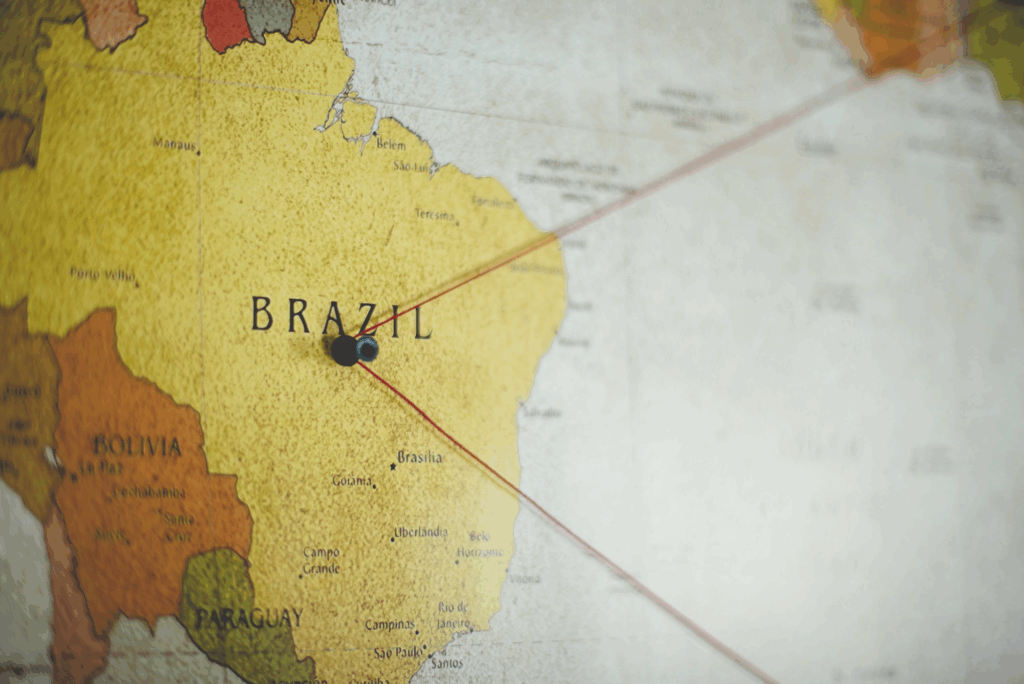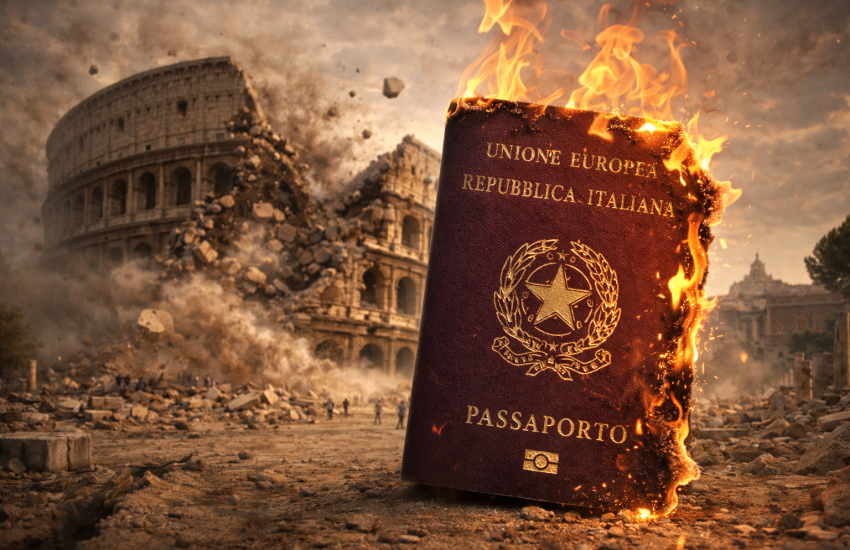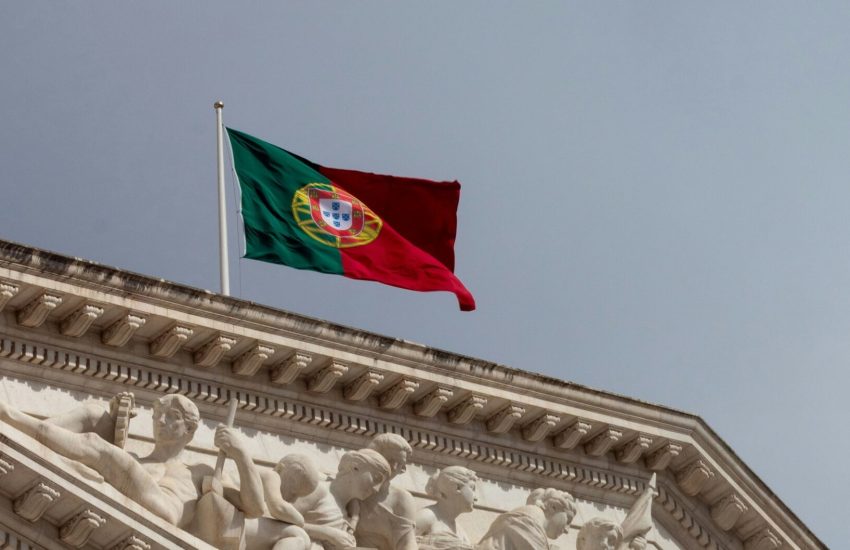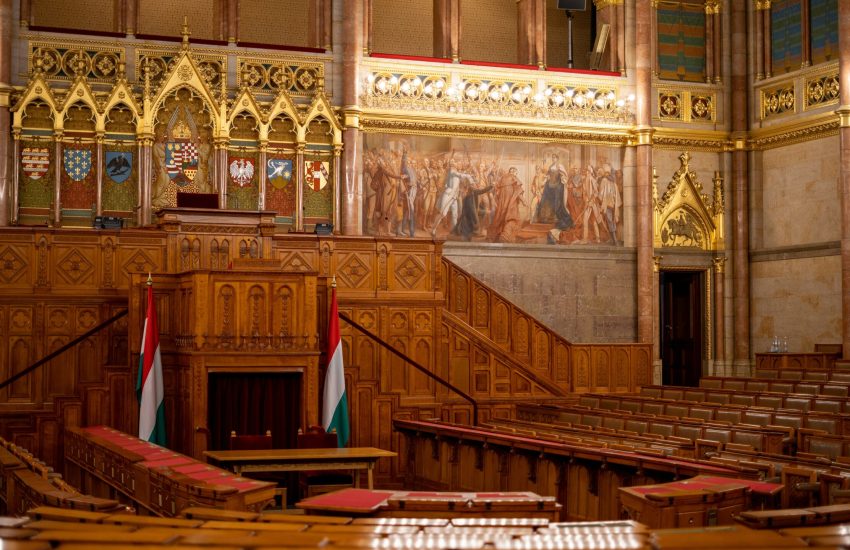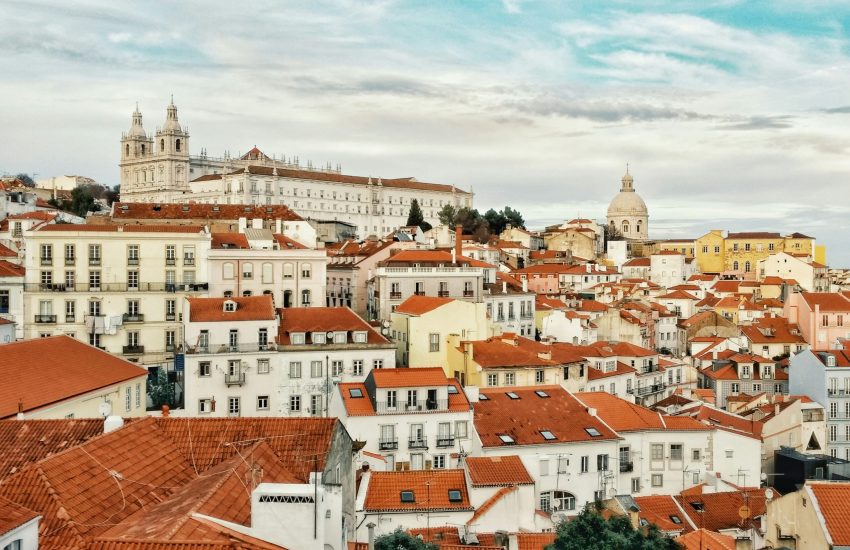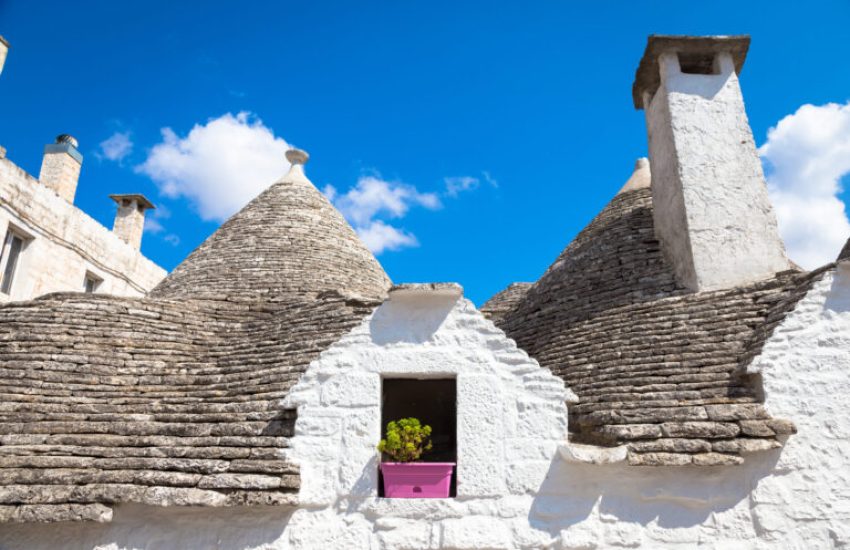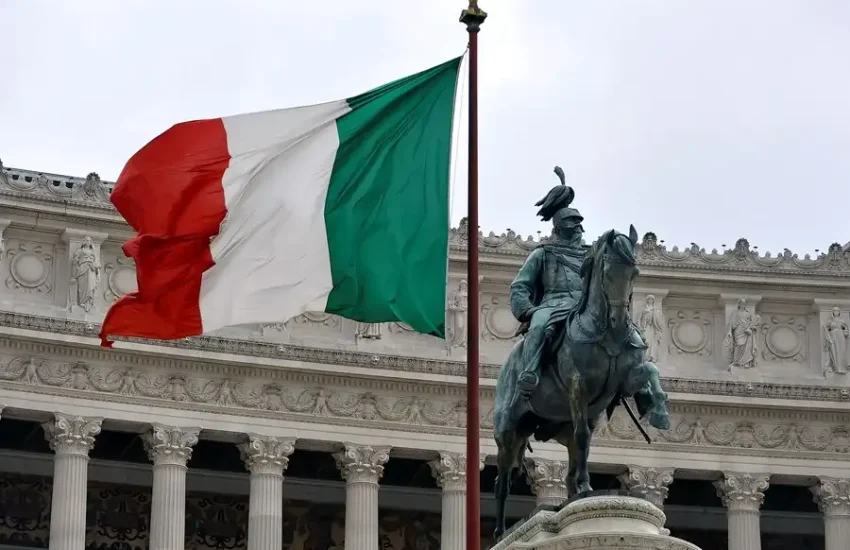How historical and emotional legacies shaped Brazilian identity
Ties that shaped cultures
The relationship between Brazil and Europe is one of the richest and most complex in the Western world. Since Portuguese colonization began, Brazil has been a stage for encounters (and clashes) between cultures, languages, and religions. European influence went far beyond political control, shaping Brazil’s society, economy, and even its way of thinking.
A mosaic of influences
Over the centuries, waves of Italian, German, Spanish, Polish, and other immigrants transformed Brazil’s social landscape. Each group brought not only their labor but also values, agricultural techniques, culinary traditions, and family customs that merged with the country’s diversity.
Brazil is not just Europe’s heir, it is a vibrant reinterpretation of the Old World under tropical light.
European heritage is present in architecture, with medieval-inspired churches and squares; in cuisine, with pasta, wines, sausages, and desserts adopted into the national palate; and in language, as Portuguese absorbed expressions and accents from many origins. Even popular festivals like Carnival, São João, and Oktoberfest reflect this fusion of traditions.
Migration and identity: a living connection
From the 19th century onward, Brazil became a destination for thousands of European immigrants seeking new opportunities. Italians contributed to agriculture and early industry; Germans built disciplined southern communities; Spaniards strengthened commerce; and Poles added their communal and religious spirit.
Today, over 30 million Brazilians have direct European ancestry, a living connection that continues to shape national identity.
Between past and future
In the 21st century, ties between Brazil and Europe gain new meaning. Tourism, economic agreements, and citizenship recognition processes reconnect families separated by generations.
For many Brazilians, obtaining dual citizenship is more than a bureaucratic act, it is a reunion with history and a renewed sense of belonging.
Across the Atlantic, there is more than an ocean, there is a mirror of shared influences that continues to define who we are.
